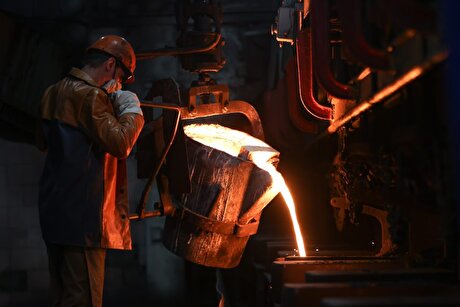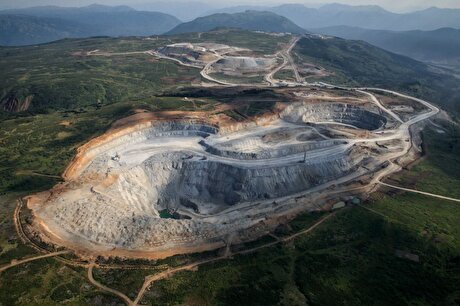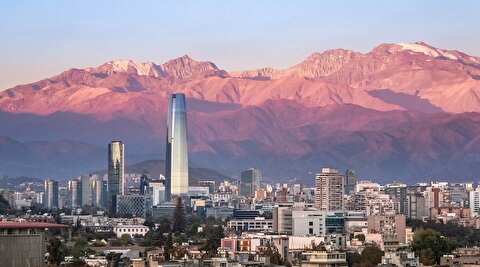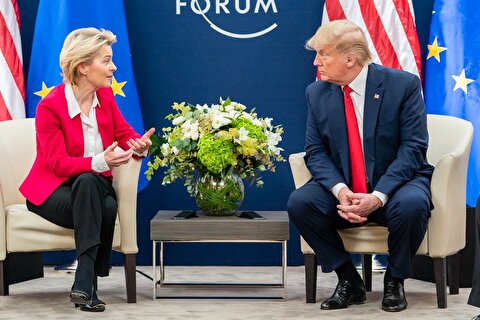
Opec plays Russian roulette with 1.5mn b/d cuts

Yesterday Opec initially agreed to recommend that the Opec+ group should deepen cuts by 1.5mn b/d in the second quarter, before returning to existing quotas in July-December. But in an unusual development, it adjusted its recommendation late last night to span until the end of 2020.
Opec proposes taking on 1mn b/d of the extra cuts, contingent on its non-Opec partners shouldering the remaining 500,000 b/d. The cuts would be distributed "pro-rata", with Libya, Venezuela and Iran retaining exemptions in light of their internal security and economic circumstances.
Opec's recommendation to cut deeper comes in the wake of the coronavirus outbreak, which has slashed global crude demand — particularly in China, a key buyer for many of the group's members. Chinese refiners lowered February crude runs by 3.3mn b/d on the month, according to an Argus survey. Opec now forecasts global oil demand growth of just 480,000 b/d this year, compared with its projection of 1.1mn b/d at the time of the previous Opec+ meeting in December.
Russia was not on board with the 1.5mn b/d proposal when it was discussed by the Opec+ group's Joint Ministerial Monitoring Committee (JMMC) on 4 March, although Iranian oil minister Bijan Namdar Zanganeh said yesterday that Moscow has not formally dismissed the idea.
"I am optimistic that we will reach something today," UAE oil minister Suhail al-Mazrouei said ahead of today's meeting. "I cannot see us not agreeing." But al-Mazrouei stressed that the meeting will not prove easy and that he "cannot see us unilaterally as Opec doing a deal" in the absence of non-Opec support.
One Opec+ delegate said Russia's concerns about further cuts are linked to its belief that falling global oil demand growth can be resolved through financial stimulus packages, and not reactionary oil market measures. Deeper production cuts could also force Russia to completely shut down some facilities, which would be difficult to restart because of the cold weather.
Russia is unlikely to oppose either an extension of the existing Opec+ agreement or a deal that allows it to keep its current output ceiling while other participants lower theirs, according to one delegate.
By Ruxandra Iordache


Gold price eases after Trump downplays clash with Fed chair Powell

Copper price hits new record as tariff deadline looms

Brazil producers look to halt pig iron output as US tariff threat crimps demand

Three workers rescued after 60 hours trapped in Canada mine

US targets mine waste to boost local critical minerals supply

Energy Fuels surges to 3-year high as it begins heavy rare earth production

Titan Mining targets Q4 2025 to become only integrated US graphite producer

Glencore workers brace for layoffs on looming Mount Isa shutdown

Gold price could hit $4,000 by year-end, says Fidelity

Kinross divests entire 12% stake in Yukon-focused White Gold

Gold price could hit $4,000 by year-end, says Fidelity

Southern Copper expects turmoil from US-China trade war to hit copper

Ramaco Resources secures five year permit for Brook rare earth mine in Wyoming

Column: EU’s pledge for $250 billion of US energy imports is delusional

Finland reclaims mining crown as Canada loses ground

Gold price down 1% on strong US economic data

Trump’s deep-sea mining push defies treaties, stirs alarm

Chile’s 2025 vote puts mining sector’s future on the line

Gold price retreats to near 3-week low on US-EU trade deal

Gold price could hit $4,000 by year-end, says Fidelity

Southern Copper expects turmoil from US-China trade war to hit copper

Ramaco Resources secures five year permit for Brook rare earth mine in Wyoming

Column: EU’s pledge for $250 billion of US energy imports is delusional

Gold price down 1% on strong US economic data

Trump’s deep-sea mining push defies treaties, stirs alarm

Chile’s 2025 vote puts mining sector’s future on the line

Gold price retreats to near 3-week low on US-EU trade deal

China’s lithium markets gripped by possible supply disruptions














